【新唐人2011年8月11日訊】 繼海南文昌毛澤東像被砸毀之後,河南方城縣近日也有座毛紀念館面臨強拆。連村民家中自設的毛像也被推倒,當局指紀念館是違法佔地。而村民則質疑當局「聞毛色變」才藉詞清拆。對於毛像這次遭當局強拆,當局的動向如何?下面請一起聽一聽學者對此事的分析。
上個月20號,河南省方城縣券橋鄉土山村,中共第一黨魁「毛澤東紀念館」,收到了限期拆除的行政處罰決定。
土山村,位於方城縣城南5公里,因村子北靠一座孤零零的荒土崗而得名。毛紀念館是2005年由土山村黨支部委員徐保卿等人帶動,自發修建起來的。就建在村外這座名為“土山”的荒崗之上。
2009年4月11號上午,在毛紀念館原計劃開館之日,幾輛警車、幾十名員警及當局官員將小小“土山”團團圍住,紀念館已經掛上的匾額被強行摘除,牆壁被貼上“嚴禁靠近、禁止入內”的警示標語。
《北京之春》雜誌主編胡平認為,河南當局把毛像拆掉,它不僅僅是一個建築上問題,它表明當局對所謂毛的紀念,還是有些忌諱。
胡平(《北京之春》雜誌主編):一方面它(中共當局)又不肯丟掉毛這個牌子,因為它怕由此引起這個對它們整個共產黨政權合法性的質疑。但另一方面它們顯然也知道,由於毛犯下太多的罪惡。所以從各種角度他們就採取一種很矛盾的這麼一種做法。就是在表面上呢,依然維護毛這個招牌,但在實際上呢採取些措施去削弱毛的影響。”
前不久,重慶市委書記薄熙來大搞唱紅打黑聲勢,走毛澤東那一套模式,提倡百姓戴毛像章,引來了重大非議和批判。
胡平表示,中共當局中南海那些人,對薄熙來在重慶搞唱紅打黑,相當忌諱;對那些毛左們大聲疾呼要回復毛那一套,也不滿意。但是他們也需要這個招牌。
胡平:“像薄熙來他們想利用毛的招牌做事,這種做法(中南海的人)肯定也是相當反感,只不過它們(中南海的人)又不能像打擊所謂自由化那樣直接去出手打擊,所以就往往採取一些間接的辦法,以拆遷哪,以一種,總之以其它的名義去對這種勢頭呢又加以壓制。”
另外,據北京知名作家鐵流表示,懸掛在天安門城樓毛澤東的頭像常遭老百姓塗汙。中國老百姓如此仇恨毛澤東,是因為他主政27年幹下太多的壞事、惡事,“大躍進”、“大煉鋼鐵”,活活餓死近四千多萬中國人。“十年浩劫”讓中國陷入“無產階級文化大革命”。一樁樁一件件令人髮指。
大陸媒體報導,這幾年,各地都有清除毛像的意識。海南文昌一尊高近10米的毛澤東玉石雕像,被推倒,斷成五截,面目全非。
評論家、自由撰稿人溫克堅表示,如果中國土地上全部毛像被強拆了,那麼這片土地上也許就再也沒有強拆故事了。而獨立作家餘傑早期曾經表示「毛像矗立的中國是奴才遍地的中國,是亟需精神啟蒙的中國。」
新唐人記者常春、唐睿採訪報導。
====
Mao』s Statues Face Demolitions
After a statue of Mao Zedong was smashed in Hainan,
another Mao』s memorial hall in Fangchen County, Henan,
is facing a forced demolition.
Even Mao』s statues in villagers』 homes were torn down.
Authorities said the memorial hall occupied land illegally,
while villagers questioned the real reason.
They think that Mao is a sensitive topic for the authorities.
On July 20, Mao Zedong Memorial Hall in Tushan Village,
Henan, received an administrative punishment.
It will be dismantled within a timeframe.
Tushan Village is 5 km away from Fangchen County.
It is named after a barren hill nearby.
Mao』s memorial hall was built on the hill in 2005,
by a local party commissioner Xu Baoqin and others.
It was built upon this hill.
Mao』s memorial hall was scheduled
to open to the public on April 11.
On that very day, dozens of policemen and local officials
besieged this little hill.
Plaques in the memorial hall were taken down and
police warnings of "keep off" were put on the wall.
Hu Ping, chief editor of Beijing Spring magazine believes that
the authorities』 dismantling of Mao』s statue
was not only a construction issue.
It reveals that the authorities have concerns about
commemorating Mao.
Hu Ping: On one hand, the Chinese Communist Party (CCP)
does not want to cast Mao aside.
Because it is afraid that this would arouse questions
on the CCP』s legitimacy.
On the other hand, CCP knows about Mao』s numerous crimes.
So after considering different factors,
they have chosen a very contradictory way.
That is, on the surface, they still maintain Mao as the CCP』s idol,
but in fact they take actions to diminish his influence.
Not long ago, Chongqing Municipal Party Secretary Bo Xilai
promoted "singing red songs" to follow Mao』s method.
He advocated wearing badges of Mao.
Bo has been heavily criticized for these.
Hu said, the CCP leaders in Zhongnanhai had great concerns
on Bo』s"singing red songs" in Chongqing.
They were also not satisfied with the Maoists』 suggestion
to return to Mao』s era. But, they need Mao as their sign.
Hu: Some people like Bo Xilai use Mao to do things.
(CCP leaders in Zhongnanhai) must dislike this practice.
But they cannot attack these people directly.
So the CCP leaders use some indirect methods, including
forced demolitions, to suppress this practice.
In addition, well-known Beijing-based writer Tie Liu said,
the picture of Mao Zedong on the Tiananmen Square
is often smeared by the people.
Chinese people resent Mao so much, for his evil crimes
during his 27 years of rule.
"Great Leap Forward" and others starved almost 40 million
Chinese people to death.
"The ten years of catastrophes" led China to be trapped in
the "Great Proletarian Cultural Revolution."
Mainland media reported that in the recent years, there has
been the consciousness to remove Mao』s images across China.
In Wenchang City, Hainan, a 10-meter statue of Mao was
torn down, broken into five pieces and beyond recognition.
Wen Kejian, a critic and freelance writer, said that
if all Mao』s statues in China are dismantled,
perhaps there will be no more house demolitions in China.
Independent writer Yu Jie had said earlier that
"China with Mao』s statues is a China with slaves everywhere.
This kind of China requires spiritual enlightenment."
NTD reporters Chang Chun, Tang Rui and Wang Mingyu.
看下一集
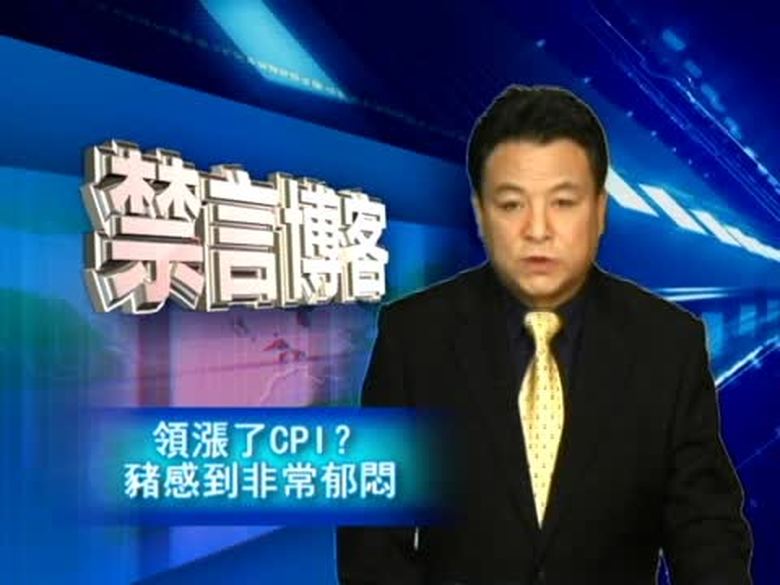
【禁言博客】領漲了CPI?豬感到非常鬱悶
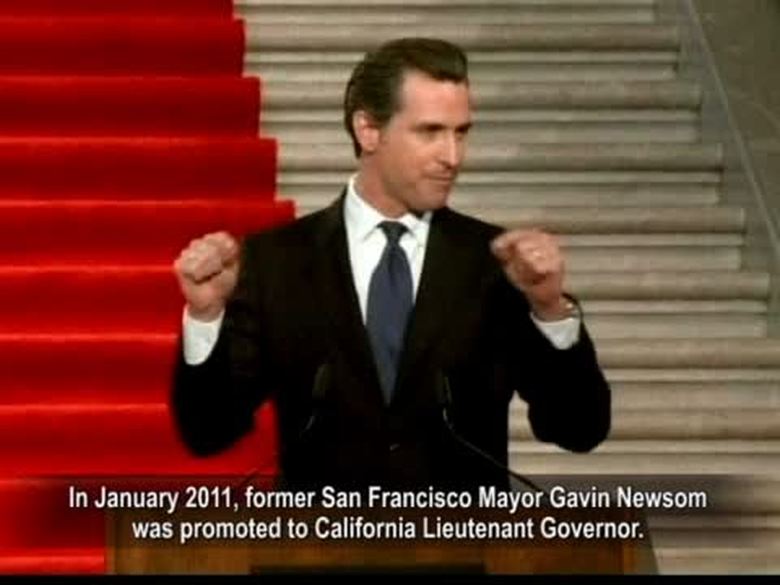
【禁聞】李孟賢「被參選」舊金山市長?
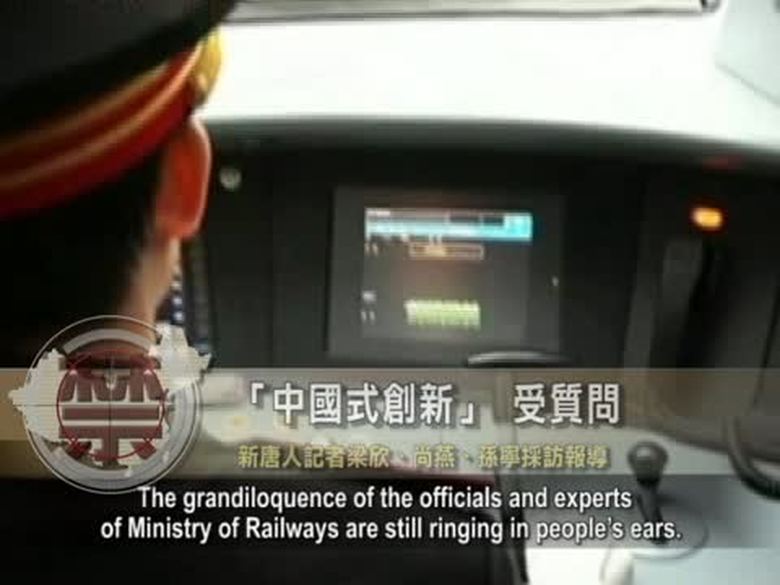
【禁聞】「中國式創新」 受質問

【禁聞】通脹創新高 貧困加劇 溫家寶降調門
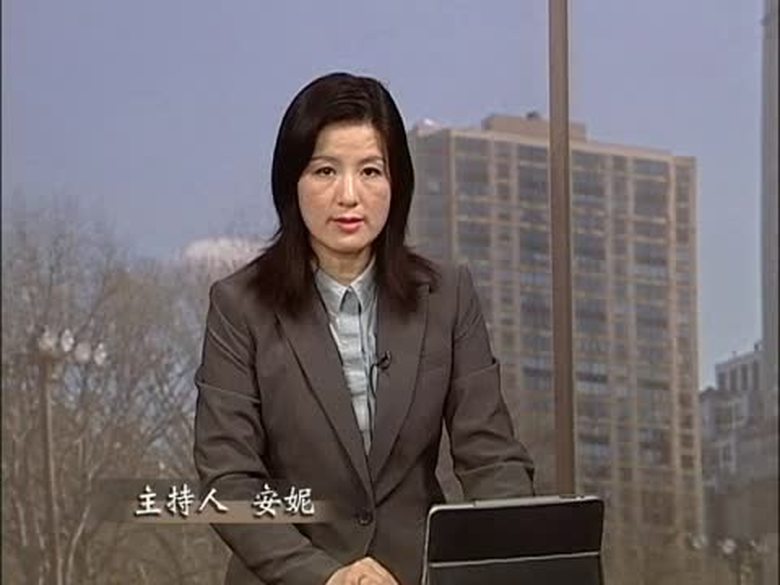
【禁聞論壇】中國政府神經錯亂了?
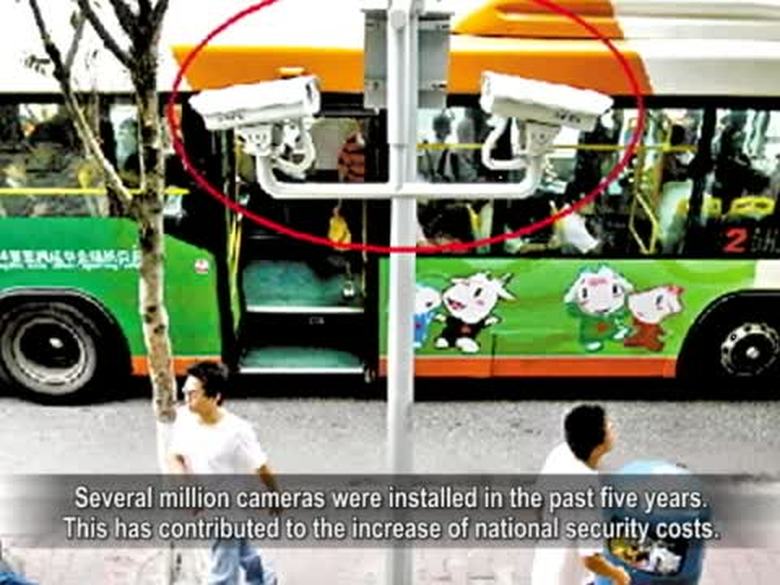
【禁聞】大陸加強監控眼 千億打造透明國
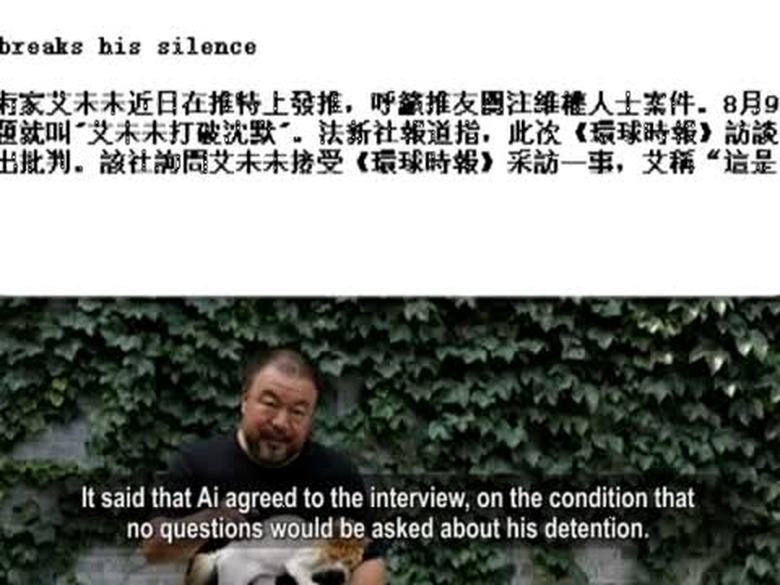
【禁聞】英文官媒訪艾未未 被指堵外國人嘴
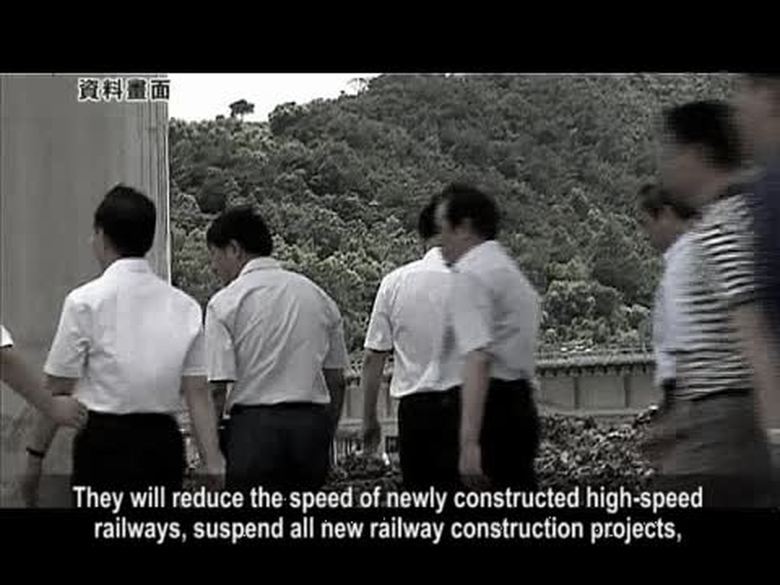
【禁聞】高鐵降速 動車事故禍首未解
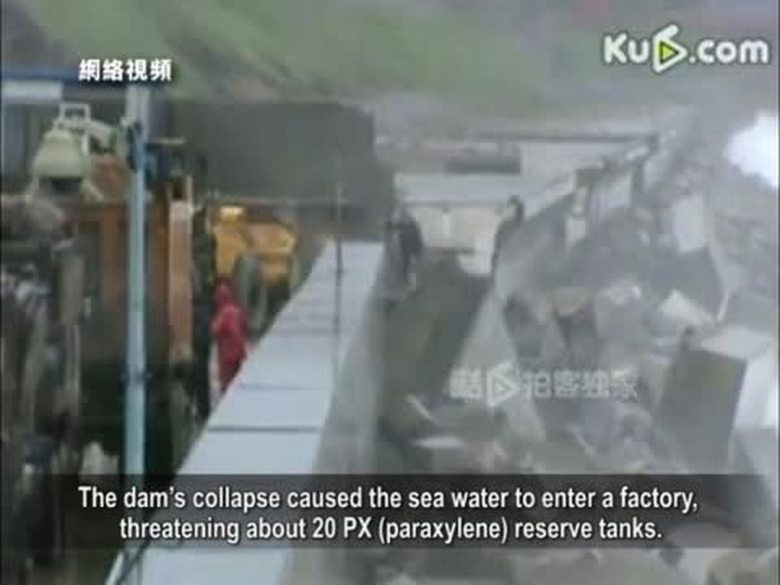
【禁聞】白岩松節目遭斃 夏德仁PX項目挨罵
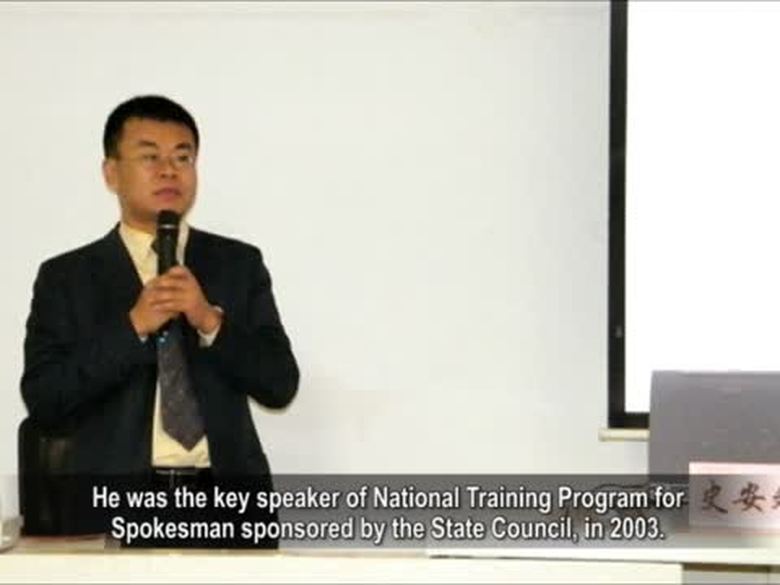
【禁聞】中共新聞發言人 走不出的尷尬處境

【禁聞】收入跑贏CPI 百姓大呼數據造假
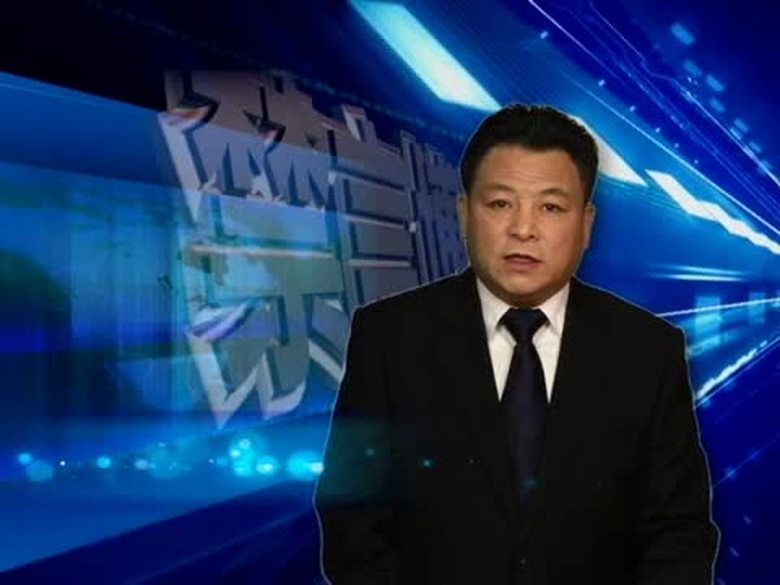
【禁言博客】「共和國的脊樑」─臨時工
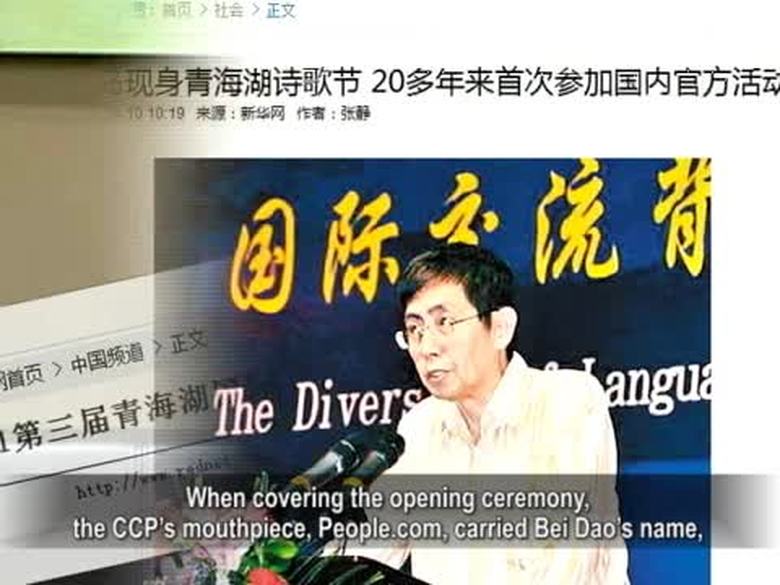
【禁聞】從冉雲飛和北島 看中共多變手法
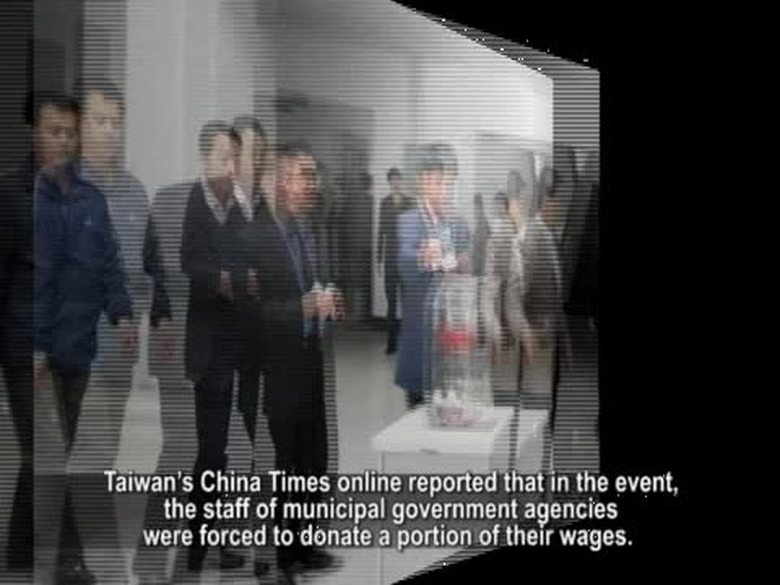
【禁聞】「博愛一日捐」 紅十字會曝「強捐」門
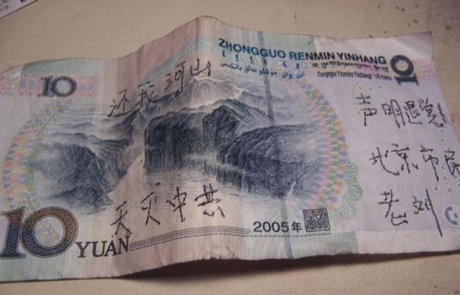
【禁聞】小小人民幣 傳遞大消息
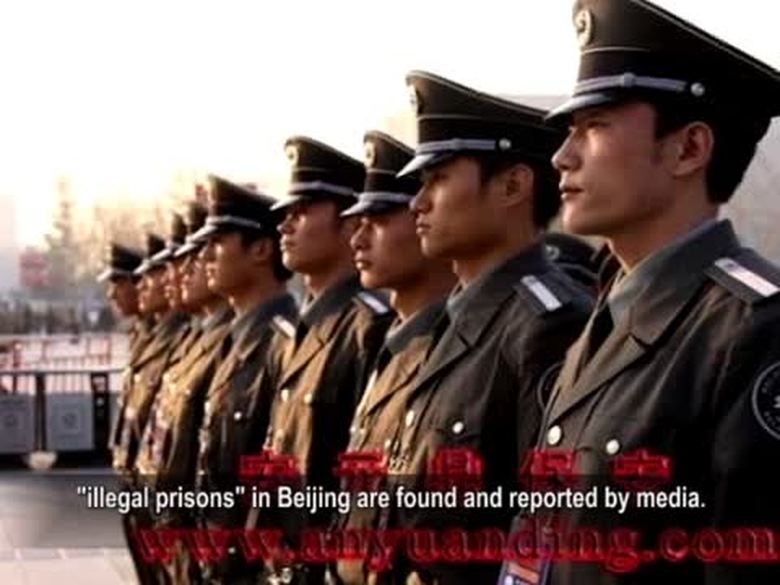
【禁聞】黑監獄猶在 訪民「冤遇」何時了?








